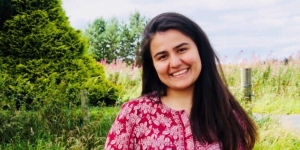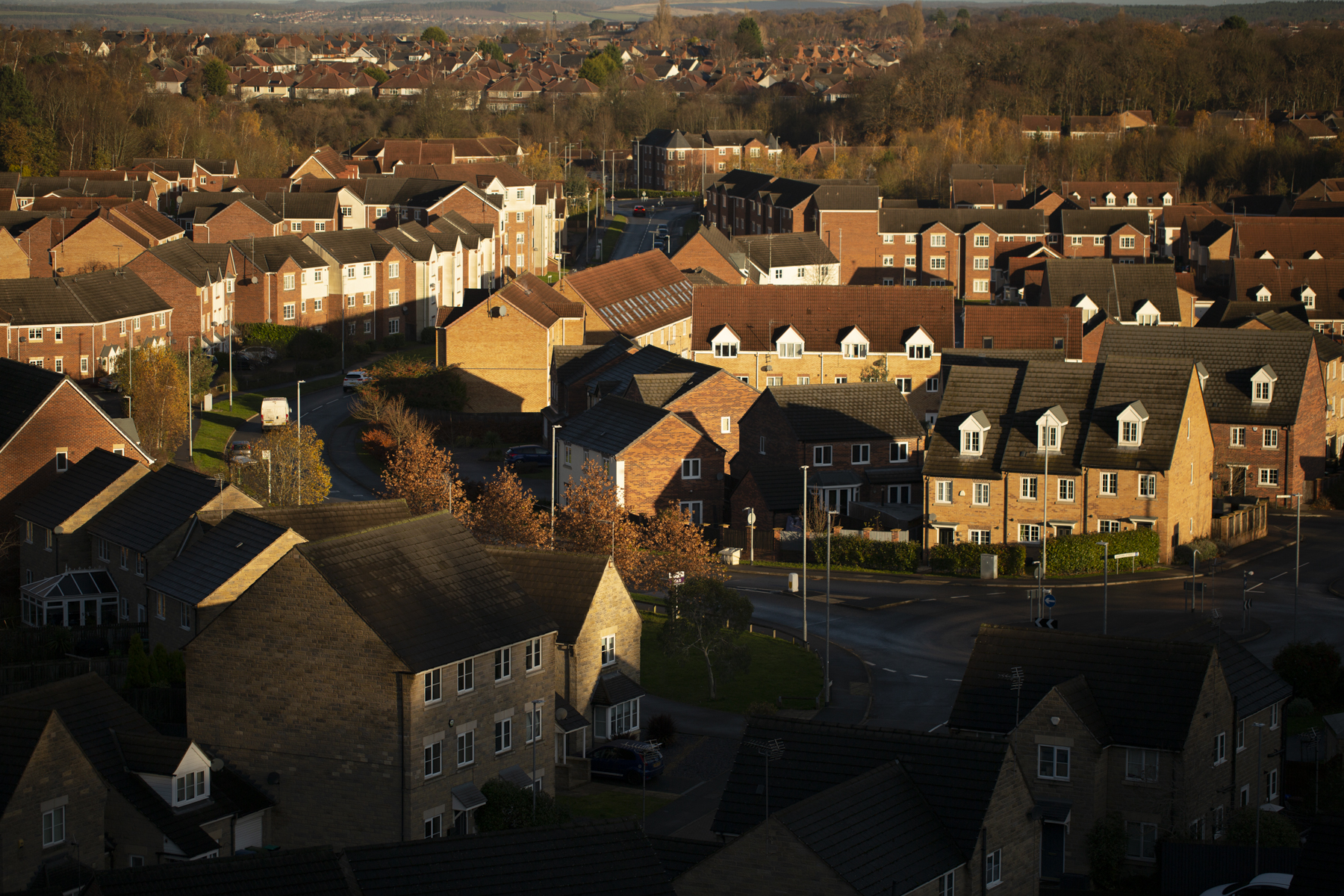In this post, LSE Department of Sociology alumnus Rabia Nasimi talks us through her journey as a student, now beginning her PhD at the University of Cambridge.
I was one of six people studying the MSc in Sociology (Research) at the LSE in the academic year 2015/2016. It was during my third year at Goldsmiths University that I applied to study my Masters at LSE. I was pretty sure about continuing my studies straight after my undergraduate and LSE was my first and only choice so I didn’t want to delay it. The sooner you apply the better! It was very exciting receiving an offer from the LSE very shortly after my application, but I was nervous about the condition I was given – which was to achieve a 68% overall in my undergraduate degree. It was a pretty specific percentage and did make me nervous. But I made it and instead of the 68% I achieved a 69% overall and a first in my dissertation.
You might be able to guess what I did next. Yes, I applied for a PhD soon after starting my Masters. For many, it was a bizarre move. I was asked ‘how do you know you are going to make it through this year’. But again, I thought why not and went for it. I applied to the LSE and Goldsmiths University as they were the two universities which felt close to me. I was pleased to hear that my applications had gone through successfully and that I was again offered a place to study. September 2016 arrived: I handed my dissertation in, the last hurdle of my masters, and was already receiving induction emails regarding my PhD. But this time, on the contrary to what I had planned, I felt like it was too soon. I didn’t even get a summer break or a few weeks off, so I decided to defer my offers and leave it for the following year. Academics often dissuade students from rushing straight into a PhD after their Masters, and my gap year experience enabled me to see merit in taking time out. The transition between a Masters and a PhD is a big one, and so you need to be really certain that it’s a decision you want to take. A good Masters degree can bring you so many opportunities so the next step is not always necessary.
 Rabia Nasimi
Rabia Nasimi
In my gap year, I didn’t have to think about what it was that I wanted to do. I knew I would be spending the year building the capacity of an organisation which was very close to my heart: volunteering with the Afghanistan and Central Asian Association (ACAA), a London based charity that works with refugees, particularly Afghans and Central Asians living away from their homeland, providing the support, skills and knowledge to live and prosper in the UK. In 2013, ACAA were thrilled to receive funding from DFID to run two Citizens’ Advice Bureaus in Kabul and Baghlan. This meant that I was involved on a diaspora-led development programme, working on the monitoring and evaluation of the programme, both in the UK and in Afghanistan. My trips to Afghanistan moved from being personal visits to work visits, further adding to my interest in the region.
The ACAA is a charity close to my heart. As a refugee myself, supporting refugees in the UK and supporting Afghans in Afghanistan is a great accomplishment for my family and I, and I couldn’t be more proud. But I also found that my volunteering experience with the ACAA boosted my Masters and PhD applications, offering me more responsibilities than I may have taken on in paid employment. Whilst universities understandably discourage excessive amounts of work outside of study, a voluntary role can develop your skills in unexpected ways – even if it is only a small commitment. Many of ACAA’s past volunteers are now working in Think Tanks, such as the Institute for Strategic Dialogue, and the Civil Service, which goes to show the difference volunteering can make – whether you’re transitioning to further education or moving on to paid work.
Away from my studies, I applied to the University of Cambridge – despite my pre-existing offers, not knowing whether I would satisfy the requirements, but there was no harm in applying and trying. As some of you may already know, when applying for a PhD, it is preferable to have a supervisor interested in your research. I didn’t find an academic relevant to my field of work, but I submitted my application anyway, and wished for the best. Soon after, I went on two visits to Afghanistan, exploring employment opportunities there as well. Although I had applied for a PhD, I wanted to make sure that I also explored other options. There was a long silence, a few months had passed and I was slowly beginning to feel like I wasn’t accepted. My application tracker still said ‘application pending’, so I picked up the phone to find out what was going on. To my surprise, an academic in the Department of Sociology was interested in my application and picked up my proposal. After going through the multiple stages, I was IN.
The main advice I would give to anyone in my position is: apply early. Even if you are confused about what you want to do, apply anyway. Don’t be put off by the name of the institution either and, most of all, believe in yourself. If I hadn’t applied to Cambridge, I would have never known that I would get in.
With my dual British and Afghan identity, I hope that once I finish my PhD in Sociology I can be even more directly involved in improving the lives of Afghans both in the UK and in Afghanistan, with a constant view to how this impacts wider society as a whole.
If you’ve just started your studies at LSE, be really proud of yourself. It is a great institution – make the most of it!
Rabia Nasimi (@rabianasimi) is a PhD Candidate in Sociology at the University of Cambridge. She graduated from the LSE in 2016 with an MSc in Sociology (Research). Her research interests include identity, ethnicity and nationalism, particularly in relation to Afghanistan.
If you have any questions for Rabia, feel free to leave a comment or contact her on Twitter.
ACAA Website: www.acaa.org.uk
Twitter: A_CAA
Media reports:




